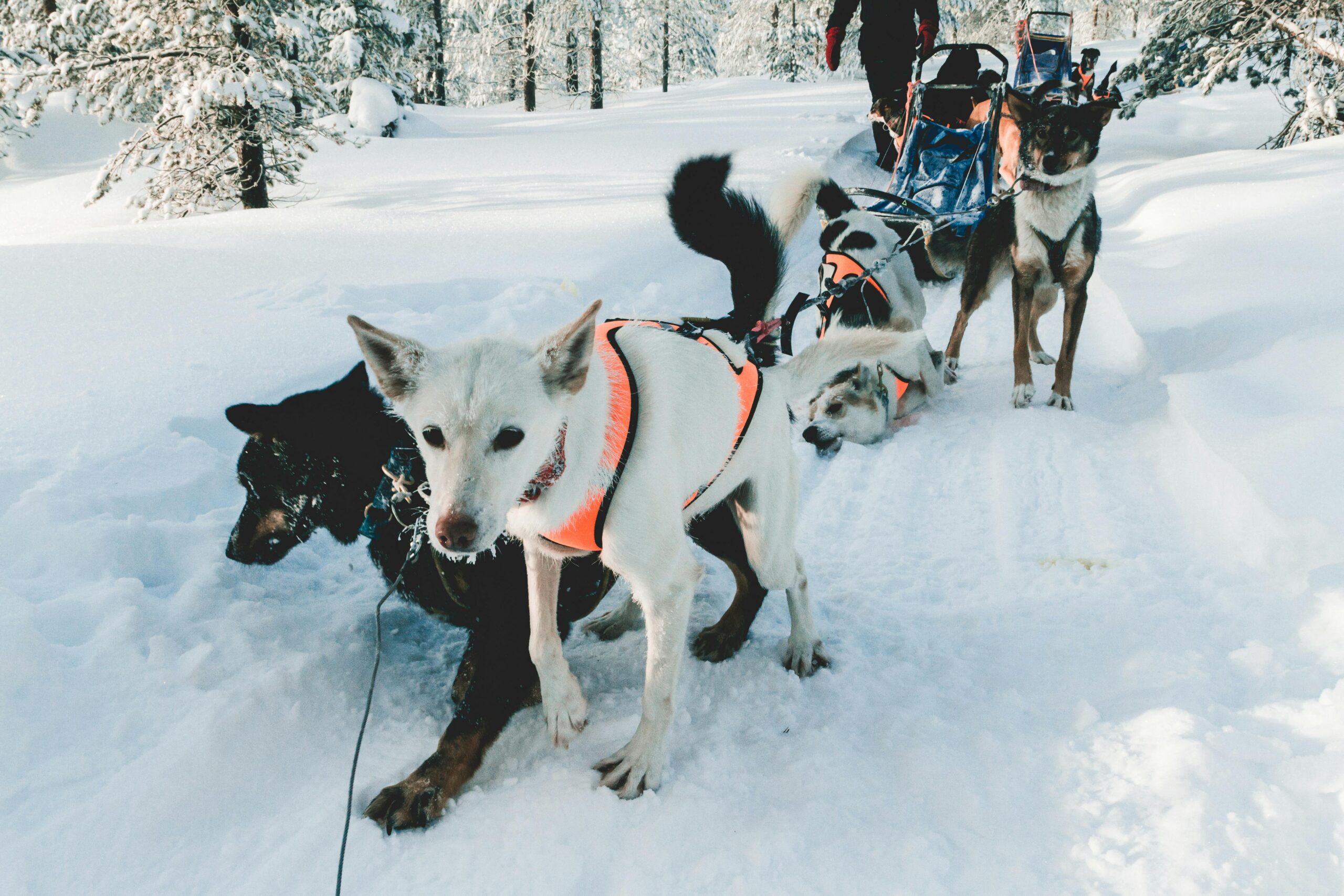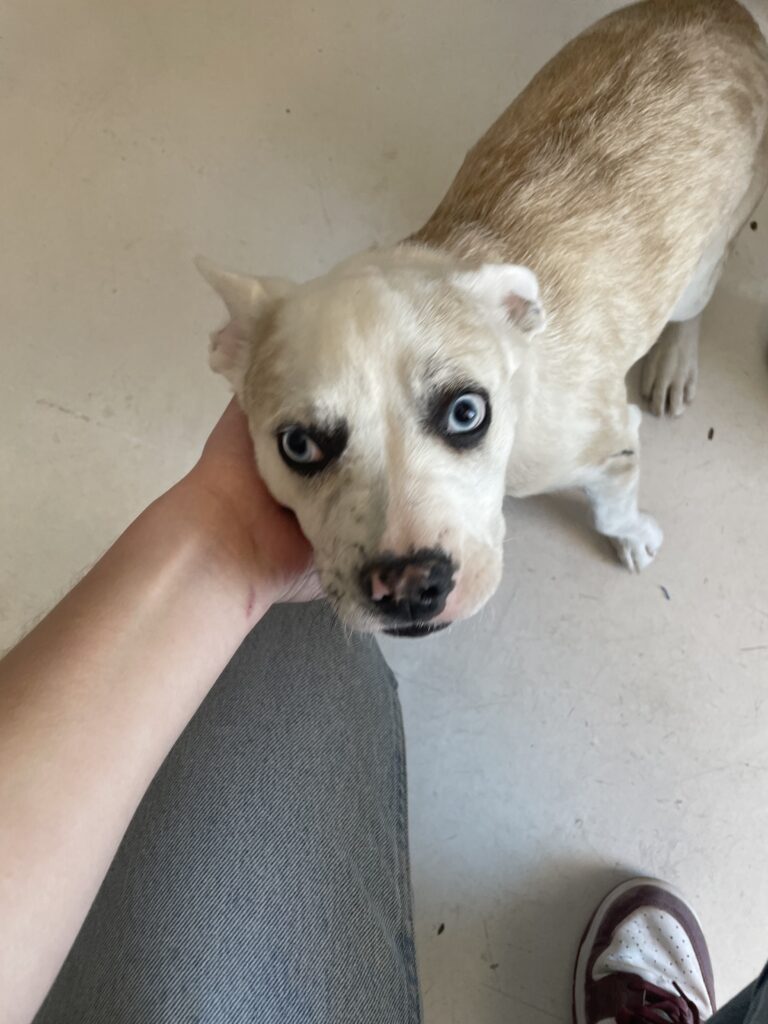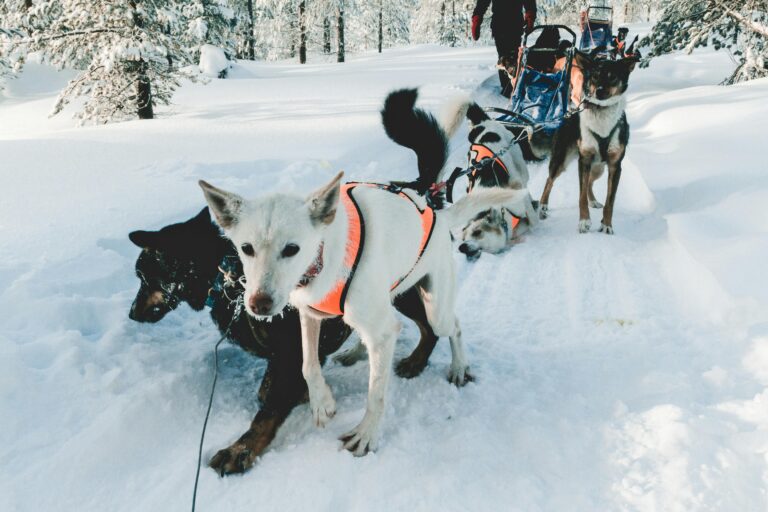How to Take Care of Your Dog in the Snow
Gotta love winter, especially when the snow starts falling. But for our furry friends, cold weather brings its own set of challenges. Whether you’re in the middle of a Boston Nor-easter or just enjoying a light dusting, it’s important to keep your dog safe, warm, and happy while playing in the snow. Here are a few tips to help your dog stay healthy and enjoy the winter weather.
Protect Their Paws
Your dog’s paws are one of the most vulnerable parts of their body in the snow. Salt, ice, and snow can cause irritation or even cuts, especially if they’re out in the elements for an extended period. Before you head out, try using a paw balm to protect their pads, or consider getting them a pair of dog booties for extra protection. They may be a little cringey, but they exist for a reason. After a walk, wipe their paws with a damp towel to remove any salt or chemicals.
Keep Them Warm
Not all dogs have the same tolerance for cold weather. Smaller dogs, short-haired breeds, or older dogs are more susceptible to the cold. Consider getting your dog a warm, weatherproof coat to protect them from the cold. If you’re in a particularly chilly region like the Northeast, you might want to limit outdoor time during the coldest parts of the day, especially for breeds that aren’t naturally built for winter.
Shorter, More Frequent Walks
During winter, it’s often best to take your dog for shorter, more frequent walks. This allows them to burn off energy without exposing them to the harsh cold for too long. If your dog loves to play in the snow, let them enjoy it for a while, but make sure to head back inside before they get too cold. And remember, no dog should be outside long enough to shiver. If they’re showing signs of discomfort, it’s time to come back in.
Hydration Is Key
Cold weather can trick you into thinking your dog doesn’t need as much water, but they do! Especially if you’re out walking for longer periods, make sure your dog stays hydrated. Snow might be tempting for them to snack on, but it’s not a full substitute for fresh water. Keep water handy for your pup after walks or playtime.
Watch for Winter Weight Gain
With less outdoor exercise in the colder months, your dog might become less active, which can lead to weight gain. If your dog is spending more time indoors, make sure to adjust their food portions accordingly. Keep up with active things inside like fetch or interactive toys to keep them moving and mentally stimulated.
Snowy days can be a blast for both you and your dog, but it’s important to keep their safety and well-being in mind. To stay on the safe side, if you’re ever concerned about their wellbeing, look into an at-home pet health monitoring service like Pronova. With a little preparation and attention to their needs, your dog can enjoy winter just as much as (or more than) you do!








